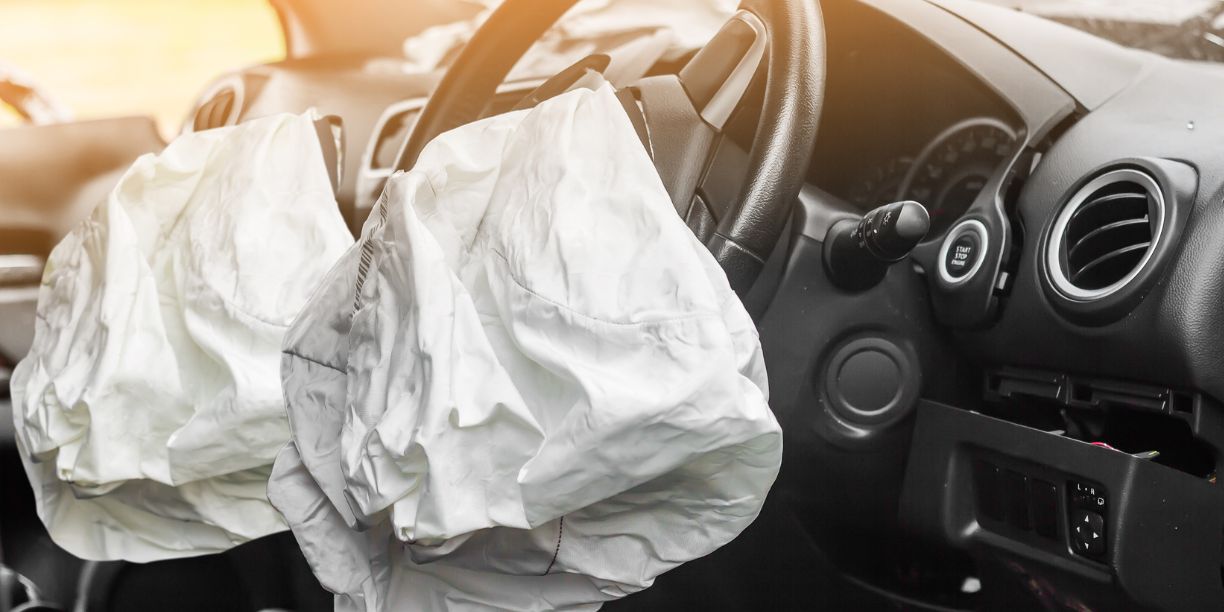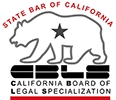Car accidents can result in sudden, life-changing consequences, like physical injuries, emotional distress, and financial strain. When an accident involves serious damage or injury, California law permits those affected to pursue compensation through personal injury claims.
At Lerner, Moore, Silva, Cunningham & Rubel (LMSCR), our Temecula car accident lawyers provide legal support grounded in decades of practice. With a focus on the facts of each situation and adherence to California traffic law, our team handles claims involving distracted driving, rear-end collisions, intersection accidents, and impaired driving. When motor vehicle accidents cause personal injury or property loss, our support can make a positive difference in the outcome of a claim or lawsuit.
How Is Fault Determined in a California Car Accident?
California uses a pure comparative negligence system when assigning fault in car accident cases. This system allows for multiple parties to share liability, which can affect the amount of compensation a claimant may receive.
For example, if one driver was speeding and the other failed to yield, both actions may be assessed together to determine liability. The person seeking damages may still recover compensation, but the final award can be reduced by their share of responsibility.
That pure comparative negligence model means that a plaintiff can recover damages even if they were 99 percent responsible, although their damages would be reduced to one percent. As you can imagine, evidence plays a significant role in this process. Police reports, traffic citations, dashcam footage, eyewitness accounts, and vehicle damage reports are typically reviewed to evaluate who was responsible.
What Is the Statute of Limitations for Filing a Car Accident Claim in California?
In California, individuals who wish to file a personal injury lawsuit following a car accident generally have two years from the date of the incident. These statutes are strictly enforced, and missing the deadline often results in the loss of the right to bring a claim.
There are limited exceptions that can affect these timeframes. For example, if the accident involved a government vehicle, a government claim must be filed within six months. In addition, if the injured person is a minor or was mentally incapacitated at the time of the crash, the deadline may be extended. However, the court must determine that such an exception applies before any extension is granted.
How Do Insurance Companies Handle California Car Accident Claims?
When a car accident is reported to an insurance company, an adjuster is assigned to investigate the claim. This process includes reviewing medical records, speaking with witnesses, inspecting vehicle damage, and sometimes requesting a statement from the injured person. However, insurance companies are often focused on minimizing the amount paid out on claims and may offer settlements that do not fully reflect the extent of the damages suffered.
California law requires all drivers to carry minimum liability coverage. However, if the at-fault driver has insufficient coverage, the injured party may need to pursue compensation through their own uninsured or underinsured motorist policy. In cases involving serious injuries, the value of the claim can quickly exceed basic coverage amounts. When that occurs, legal action may be the only method of pursuing full recovery.
What Damages Can Be Recovered in a Car Accident Case?
California law allows individuals injured in car accidents to pursue financial recovery for both economic and non-economic damages. Economic damages include medical expenses, lost wages, property damage, and rehabilitation costs. These losses can often be calculated through receipts, bills, and employment records.
Non-economic damages refer to the more subjective effects of an accident. These may include pain and suffering, emotional distress, loss of enjoyment of life, and disfigurement. The amount awarded for non-economic damages varies depending on the severity and impact of the injuries. In wrongful death cases, surviving family members may seek compensation for loss of companionship, funeral costs, and future financial support.
Are There Any Restrictions on Compensation If I Was Not Wearing a Seat Belt?
If you were not wearing a seat belt at the time of your crash, you might receive a ticket for non-compliance from a law enforcement officer. You can still file for an insurance claim or sue the allegedly at-fault party. The other party’s insurer might attempt to argue that your injuries were caused by the lack of compliance.
In addition, a court might consider the extent of your injuries based on your not wearing a seatbelt. It is possible that some of the injuries might be excluded from compensation. Yet every case is different—our Temecula car accident lawyers can build a compelling case with the right evidence, including testimonies from medical professionals.
What Role Does a Car Accident Lawyer Play in the Legal Process?
Car accident lawyers evaluate claims, gather supporting documentation, handle communications with insurers, and can represent you in court. Our Temecula car accident lawyers may also negotiate settlement offers and assess whether the amount proposed reflects the losses suffered.
Our legal team is closely familiar with the requirements imposed by California law. Each case is reviewed independently to determine whether sufficient evidence exists to support a legal claim. The decision to challenge a settlement or pursue a trial depends on a number of factors, including the insurance company’s position, the damages involved, and the likelihood of success.
Our Knowledgeable Temecula Car Accident Lawyers at LMSCR Offer Free Consultations
If you or a loved one was injured in a motor vehicle collision, our Temecula car accident lawyers at LMSCR evaluate each matter based on its individual facts and relevant legal standards. For a free consultation, submit our online form or call 909-889-1131. Located in Ontario and Victorville, California, we serve clients in San Bernardino County, Ontario, Victorville, Hesperia, Apple Valley, Fontana, Rancho Cucamonga, Colton, and Riverside County.


Disclaimer | Privacy Policy | SMS Terms & Conditions
Making a false or fraudulent workers’ compensation claim is a felony subject to up to five years in prison or a fine of up to $50,000 or double the value of the fraud, whichever is greater, or by both imprisonment and fine. The information contained on this website does not guarantee, warranty, or predict the outcome of your case.








